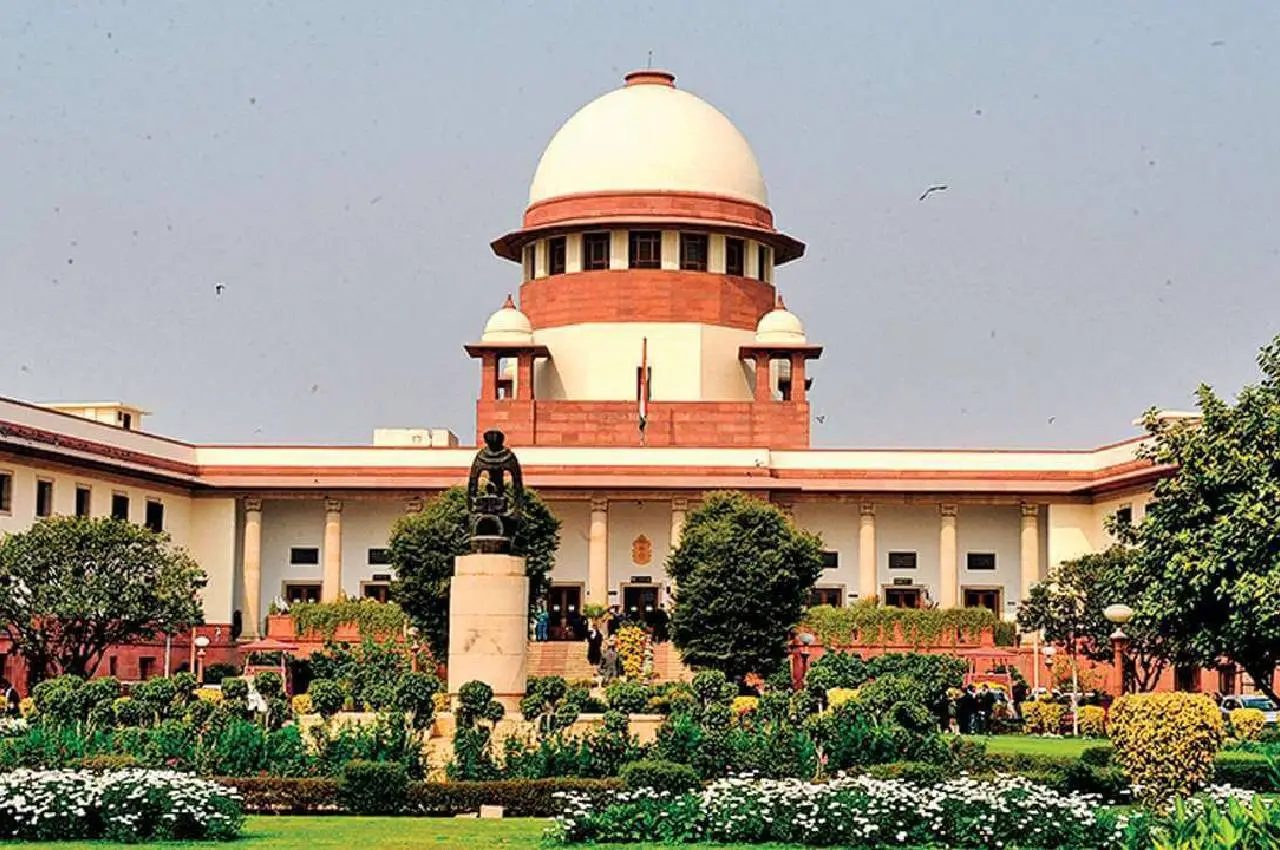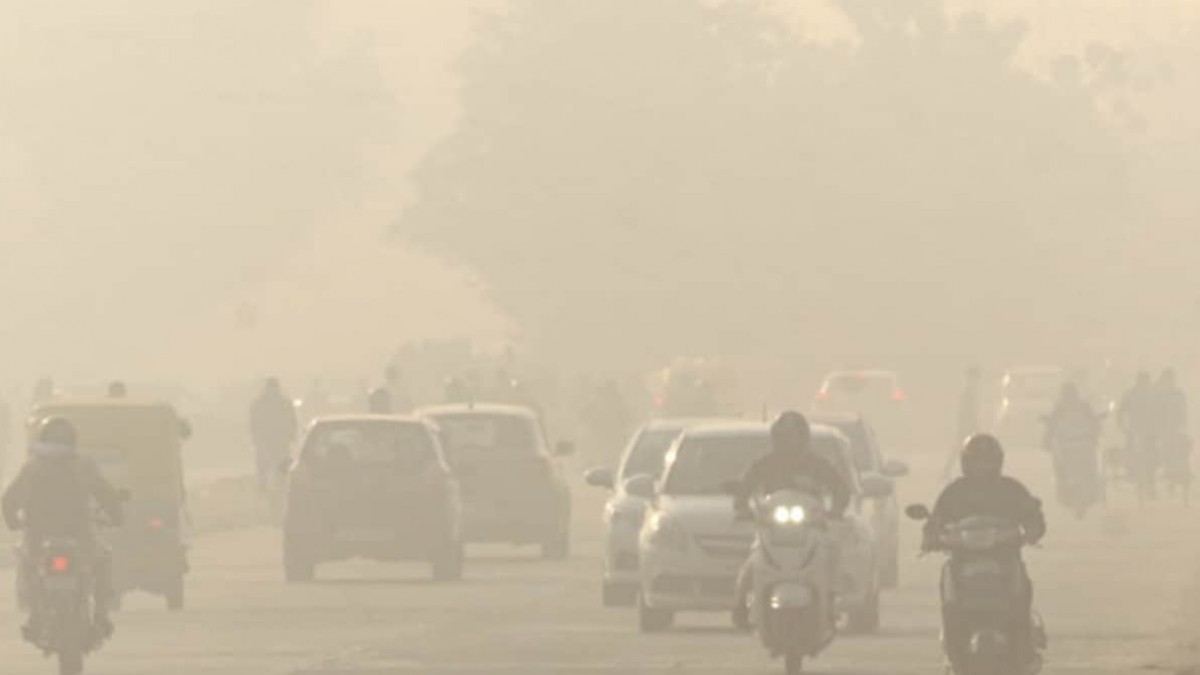Supreme Court held that the 10% EWS quota to “poorest of poor” among forward castes did not pose any danger to the Basic Structure of the Constitution
A Constitution Bench of the Supreme Court on Monday, in a 3:2 majority decision, upheld the validity of the 103rd Constitutional Amendment which provides 10% reservation in government jobs and educational institutions to the ‘economically weaker sections of the society but excludes the ‘poorest of poor’ among Scheduled Castes (SCs), Scheduled Tribes (STs) and Other Backward Classes (OBCs) from its ambit.
Justices Dinesh Maheshwari, Bela M. Trivedi and J.B. Pardiwala delivered the majority opinions on the five-judge Bench in an hour-long session which saw the pronouncement of a Constitution Bench judgment live-streamed for the first time.
They held that the 10% EWS quota to “poorest of poor” among forward castes did not pose any danger to the Basic Structure of the Constitution. The three judges concluded that exclusion of SCs, STs, SEBCs and OBCs from the scope of the EWS reservation did not violate the equality code. Justice Trivedi held that “unequals cannot be treated equally” as SCs, STs, SEBCs and OBCs already enjoy reservation and cannot be treated equally with the economically weaker sections. In their separate but concurring opinions, Justices Trivedi and Pardiwala, however, said reservations should be put on a timeline.
Also Watch :- Magpie Murders , Filmygod 2022
EWS quota makes persons with less than ₹8 lakh gross annual family income eligible. The quota excludes backward classes. Scheduled Castes, Scheduled Tribes and Other Backward Classes who form ‘homogenous groups’ included in the prevalent 50% reservation granted separately. Petitioners had argued in court that the exclusion of backward classes left only the middle class among the forward castes to reap the benefits of the EWS quota.
The three judges noted that EWS quota did not breach the ceiling limit of 50% placed by the Indira Sawhney judgment on reservations as the state can make “special provisions from time to time in the March towards an “all-inclusive egalitarian society”. The EWS quota, the three judges said, amounted to an “affirmative action” on the part of the state.
People Also Liked :- 9xflix movie app
They held that making EWS quota applicable to private unaided institutions did not violate the Basic Structure of the Constitution.
Chief Justice U.U. Lalit, on his last working day, concurred with the minority view of Justice S. Ravindra Bhat, who held that reservation on the basis of economic criterion was “per se permissible” but the Constitutional Amendment should be struck down as it excluded the equally poor and deprived SCs, STs, SEBCs and OBCs from its ambit.
J. Bhat, who authored the minority view for himself and the Chief Justice, said it was not right on the part of the government to say that opening up EWS quota to backward classes would give them a “double benefit”.
Also Read :- MP4 Mobile Movies , Ibomma TV
Reservation was devised as a reparative mechanism to bring the historically deprived to the mainstream and not a “free pass”. Quota was a system to undo social stigmatisation caused by unequal access to education, jobs, etc.
Categorising the poorest of poor on the basis of caste and class amounts to “constitutionally prohibited discrimination” and strikes at the very essentials of the “Non-Discriminatory Rule”. He said the Constitution prescribes fraternity as a deeply embedded principle of society. All human beings born of the same natural process should get equal access to avenues of opportunity to make it to the mainstream.
However, Justice Bhat agreed with the minority view that the state can legitimately make special provisions for the poorest of poor based on economic criteria. This was not violative of the Basic Structure of the Constitution.
His only point of difference with the majority judgment was regarding the exclusion of the backward classes from the EWS quota.
The majority judgment came after the Constitution Bench had heard marathon arguments for seven days before reserving the case for judgment on September 27.
The three issues which the Bench examined on reference included whether the amendment breaches the Basic Structure by permitting the state to make special provisions, including reservation, based on economic criteria; whether the amendment violates the Basic Structure by allowing the state to make special provisions in relation to admissions to private unaided institutions; and whether the Basic Structure is trampled upon by the constitutional amendment by excluding SEBCs/OBCs/SCs/STs from the scope of the EWS quota.
Check :- Latest RDXHD Movies
The challenge to the 103rd Constitutional Amendment was referred to a five-judge Bench in August 2020. The three-judge Bench, which had referred the case to the larger Bench, had refused to stay the implementation of the amendment.
Economic reservation was introduced in the Constitution by amending Articles 15 and 16 and adding clauses empowering the State governments to provide reservation on the basis of economic backwardness.
At one point during the hearing, the government had said that it would increase seats by 25% in its institutions to accommodate the EWS quota.
During the hearing, the court had once asked the petitioners what was “so principally, so fundamentally wrong” in singling out economic criterion for grant of reservation.
“What is so principally, so fundamentally wrong in singling out an economic criterion for reservation? Is it that they do not belong to a homogenous group? Is it cast in stone that they [beneficiaries of reservation] should belong to a homogenous group? Why cannot economic criterion be a ground for the State’s affirmative action?” Justice Bhat had asked.
The then Attorney General of India, K.K. Venugopal, for the government, had contended that reservation for the backward classes, and now the EWS quota, should be considered by the court as “one single approach of the state intended for the upliftment of the weaker sections of the society”.
Dr. Mohan Gopal, in his rejoinder for the petitioners, had said this was the first time that being a member of the forward classes has been made a prerequisite for getting government assistance.
Advocate Kaleeswaram Raj submitted that fundamental rights are individualistic and the government’s justification for excluding SC, ST and OBC on the ground that they already take benefit of the 50% quota does not hold water.
Senior advocate P. Wilson had asked whether it was possible to uplift through reservation. He said reservation was not a poverty alleviation scheme.
Senior advocate Sanjay Parikh argued that a reservation based solely on economic criteria cannot be sustained in the Constitution.
Advocate V.K. Biju had supported the quota, contending that the amendment was democratically passed and not a fraud on the Constitution. He said it was a step towards a casteless society.
Referred through THE HINDU.








